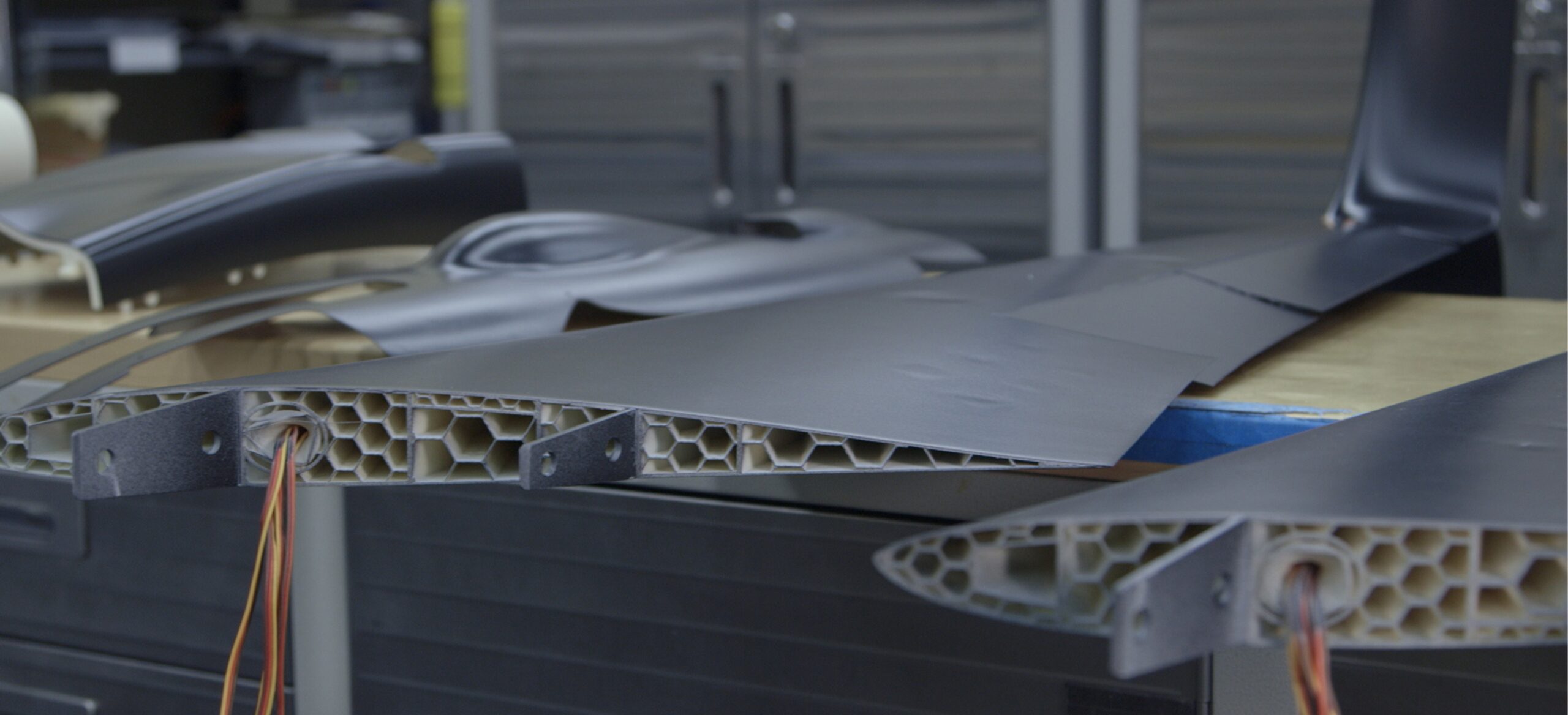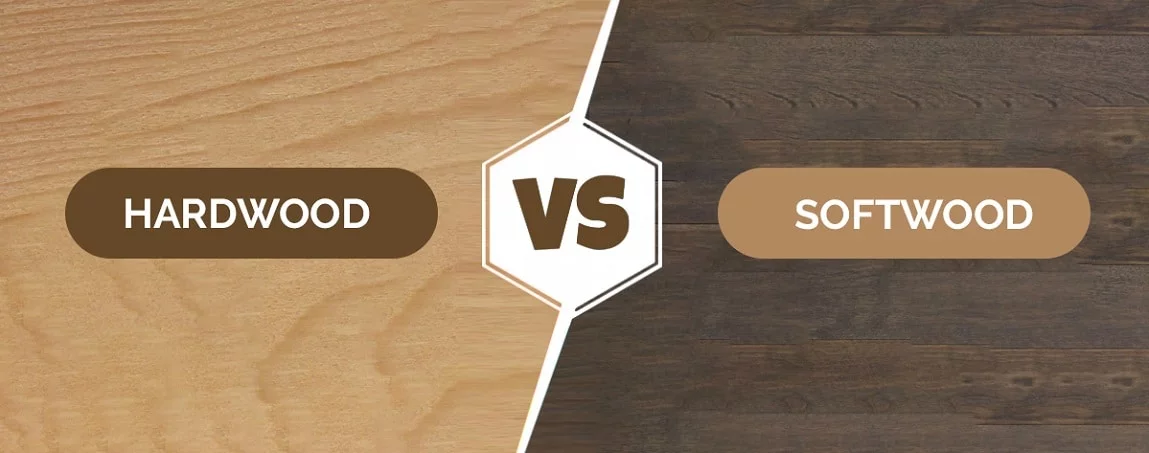The agricultural sector is undergoing a monumental transformation with the integration of the Internet of Things (IoT). By utilising advanced technologies, farmers can enhance productivity, reduce waste, and make more informed decisions. One of the key developments is the implementation of iot in agriculture, which allows for real-time data collection and analysis.
Understanding IoT in Agriculture
The IoT in agriculture refers to the network of physical devices embedded with sensors, software, and other technologies to connect and exchange data with other devices and systems over the internet. This connectivity enables farmers to monitor and manage agricultural processes with heightened efficiency and precision.
Enhancing Crop Management
IoT technology has facilitated improved crop management through techniques such as precision farming. By using sensors to monitor soil conditions, moisture levels, and weather data, farmers can tailor their irrigation and fertilisation strategies to the precise needs of crops. This targeted approach not only increases yield but also conserves resources, highlighting IoT’s significant impact on agricultural sustainability.
Remote Monitoring and Management
One of the most significant advantages of IoT in agriculture is the ability to remotely monitor and manage farm operations. Farmers can access real-time data on crop health, livestock wellbeing, and equipment efficiency from anywhere, thus making it easier to oversee multiple sites without being physically present. This aspect of IoT enables agriculturalists to react swiftly to any anomalies, ensuring optimal productivity.
Improving Livestock Management
IoT applications extend to livestock management as well. Wearable sensors can track the health and activity levels of animals, providing farmers with vital insights into herd wellness and productivity. By detecting illnesses early through data analytics, farmers can ensure faster treatments, reducing mortality rates and improving overall livestock health.
Supply Chain Optimisation
IoT technology also plays a crucial role in supply chain optimisation. From farm to table, IoT devices track produce throughout the transportation process, ensuring temperature and humidity levels remain optimal to prevent spoilage. This traceability offers transparency and enhances food safety, benefiting both producers and consumers.
Weather and Environmental Monitoring
Farmers rely on accurate weather forecasts to make crucial farming decisions. IoT-enabled weather stations can provide hyper-local data on temperature, humidity, and rainfall, allowing for precise adjustments to farming strategies. Such real-time environmental monitoring contributes to increased resilience against climate variabilities.
Challenges in Implementing IoT
Despite the numerous benefits, there are challenges in implementing IoT in agriculture. High initial costs, the need for robust internet infrastructure, and concerns over data security and privacy are significant hurdles. Nonetheless, as technology advances and costs decrease, the adoption of IoT solutions in agriculture is expected to rise.
Future Prospects of IoT in Agriculture
As IoT technology continues to evolve, the future of agriculture looks promising. With advancements in machine learning and artificial intelligence, IoT devices will likely become more autonomous and capable of making predictive analyses. This evolution will further enhance efficiency and productivity in the agricultural sector, paving the way for smart farming practices on a global scale.
Case Studies: IoT Success Stories
Numerous case studies highlight the success of IoT in agriculture. Farms equipped with IoT systems report notable improvements in crop yields, resource management, and overall cost reduction. These success stories serve as motivation for more farmers to embrace IoT technologies and realise their benefits.
Conclusion
In conclusion, the implementation of IoT in agriculture has tangibly revolutionised the sector. By integrating smart devices, farmers can achieve greater efficiencies, sustainability, and profitability. As adoption grows, the technology promises to transform traditional agricultural practices, promoting innovative and sustainable farming methods for future generations.








